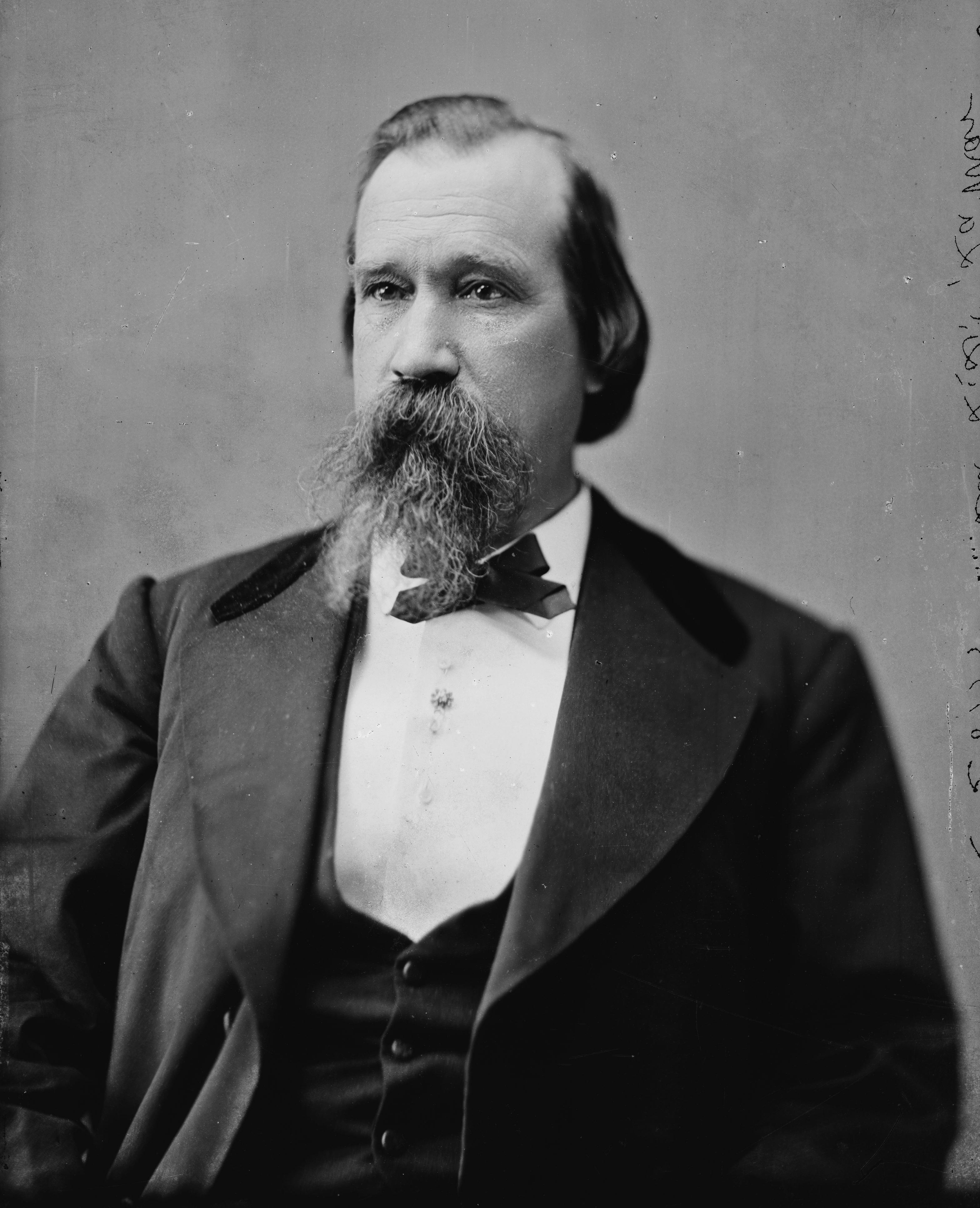This entry is from United States Sanitary Commission Soldiers' Letters From Camp, Battlefield, and Person edited by Lydia Minturn Post.
In a letter dated October 11 1861, Walton Grinnell describes an engagement between the United States ship-of-war Richmond and a rebel steamer on the Mississippi River. This appears to be Grinnell's first battle encounter and it is all so new and exciting to him. The editor noted that Mr. Grinnell was 17 years old at the time.
Day before yesterday our ship had a sharp engagement with the enemy—a naval action! For three hours the shells were bursting and whizzing around us, but only five took effect — wounding three, but killing none, thank Heaven !
To explain: At one o'clock a rebel steamer was discovered up the river. An hour afterwards—greatly to our astonishment, I can assure you—she very pluckily opened fire upon us. At first we laughed at what we called her impudence; but as her shells began to fall around us, and as we found our heaviest gun failed to reach her, things looked disagreeable.
I will confess, and frankly tell you, that the first five or six shells that came whizzing through our rigging made me tremble all over; my knees knocked together; my mouth was bound; I could hardly speak, hardly breathe; I was frightened. But as soon as we " beat to quarters," and I was ordered to my division, all fear left me. The shells still whizzed, but I neither heard nor cared for them. I was intent upon my duty, and, as my division had all the fighting to do, being the only one bearing upon the enemy, I was too much absorbed in the working of my gun to think of any thing else; and I can assure you I felt as happy and unconcerned as ever in my life.
The rebel (who, by the by, was the New York tugboat William H. Webb, armed with four broadsides and two heavy 32-pound rifles) was our superior, inasmuch her guns ranged quite a half mile beyond ours. About one hundred shots were exchanged, and I do not think a single one of our shots hit the enemy.
Half-past 12 p. m., October 11th. The "Webb" is again in sight, and we are preparing for action. I wish it was all over, for I am exceedingly doubtful of the result. Two o'clock p. m. The ship is cleared, and we have given the enemy eight or ten shots, but she does not return them. She is evidently " playing us some trick," but we will never "give up the ship;" and if we only get our rifle 42's (which are expected daily), New Orleans will be ours before Christmas. Five o'clock. The " Webb" is out of sight, so I will continue rny account of the first engagement.
After firing from half-past one until four o'clock the enemy retired, leaving us as bewildered as we were relieved. Besides three shots in our hull, our mizen topmast backstays were shot away. We are in a rather critical position : first, our draft has been increased by six additional guns; the water on the bar is low—we cannot cross: second, the enemy can steam two knots to our one—we cannot run: third, the enemy's guns range further than ours—we cannot fight. These circumstances were communicated to the commodore, who said, " I thoroughly appreciate your position, and will leave myself for ' Pickens,' to obtain some rifle-guns." When these guns arrive, we can defy all seces-siondom."
My imagination has very often presented to me pictures so vivid that I thought they exceeded reality; but I am convinced that the terrible excitement and absorbing interest, the bursting shells and flying splinters, the enthusiasm and huzzas of the men, defy human power to describe. The man that says he felt no fear or trembling for the first few shots in an action, you may stamp as a coward. As for myself, I never had such a sensation—nothing so terrible. After each discharge from a gun, all the crew (officers included), except the loader, sponger, and powder-man, fell flat on their stomachs, thus avoiding the shell that may happen to strike on deck, for, in bursting, the splinters have a tendency to fly upwards. It is laughable to see them all go down at once; but I can assure you it is a very pleasant sensation to even think one's self out of the way of these terrible splinters; as one would ranch prefer being shot away with a solid ball, than to be mangled by one of these ugly missiles. So much for my first sensations in battle. Although I have before been under fire of musketry, yet I can fancy nothing comparable with the whizzing and bursting of rifle-shell.
Walton Grinnell, Acting-master U. S. steamer Nyack.
 |
| Unidentified sailor in Union uniform, from the Library of Congress Collection |
















